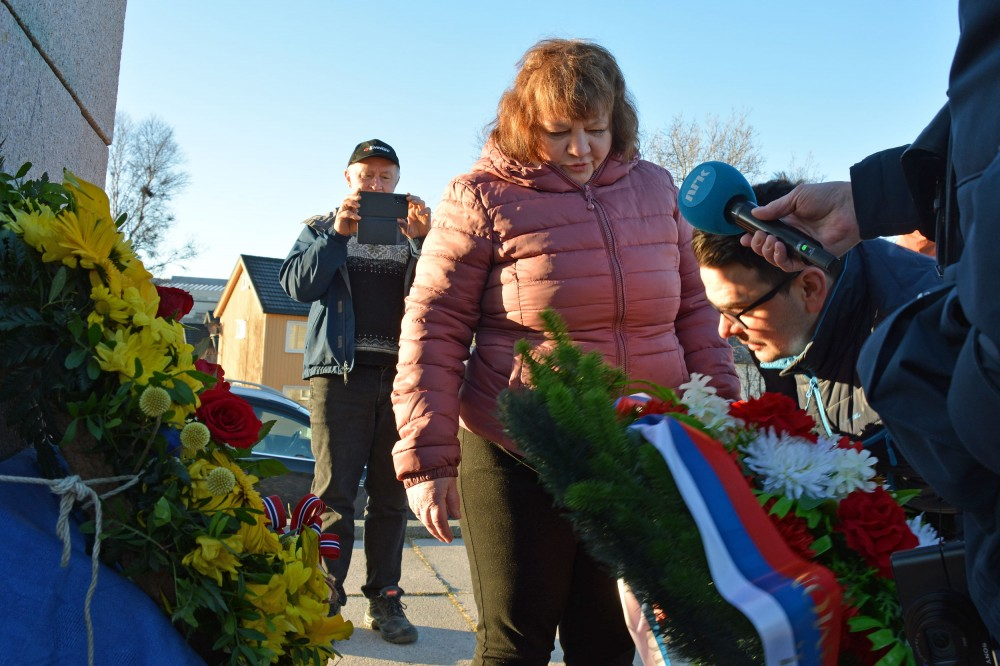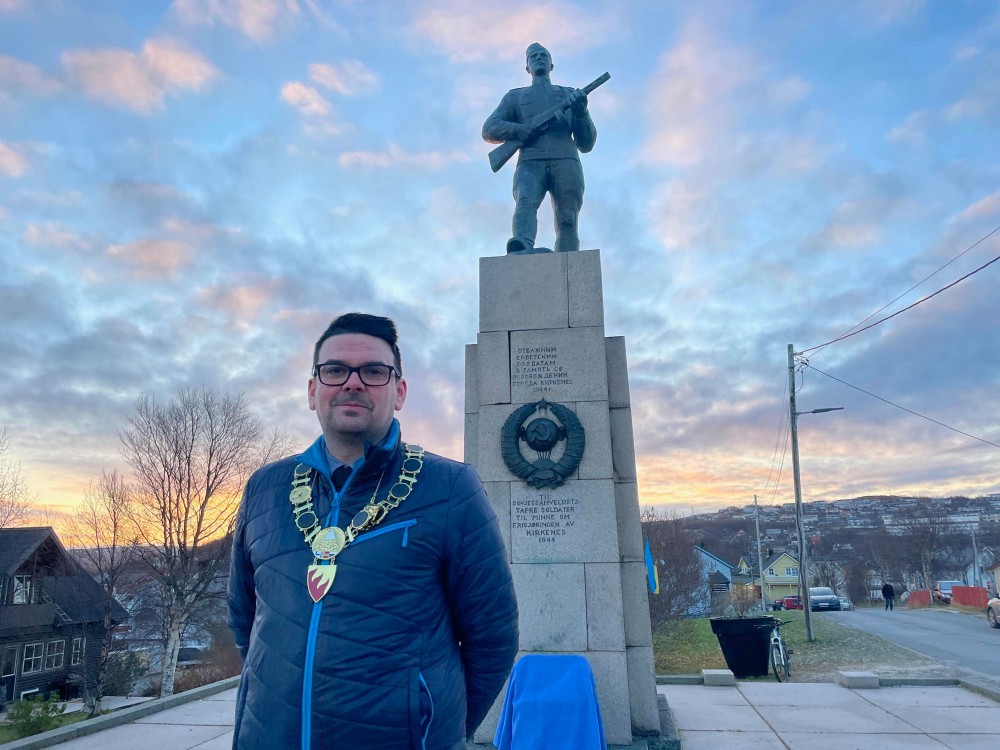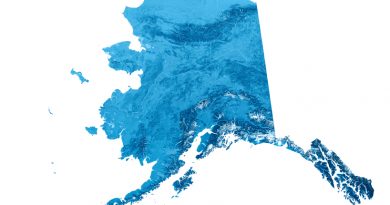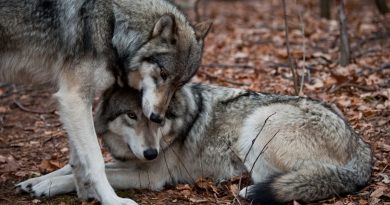Russian General Consul stirs strife by the war memorial in Kirkenes

Despite repeated warnings from local authorities, Russian diplomat Nikolai Konygin showed up at the war monument in the Norwegian border town to lay down a wreath “to the memory of warriors and liberators that fell in the battle against Nazism.”
There were tensions in the air as the Russian diplomat on the 25th of October arrived to the downtown monument in connection with the 79-year anniversary of Red Army liberation of Kirkenes.
Local politicians had repeatedly requested Konygin and his people to refrain from the traditional flower ceremony. But Moscow’s local man wanted it otherwise. Without any prior announcement, the general consul showed up on site to lay down a wreath in the colours of the Russian tricolour.
“To the memory of warriors and liberators that fell in the battle against Nazism,” a ribbon attached to the wreath read.
Konygin refused to give any comment to journalists and the situation became tense as several of his followers verbally and physically turned against local journalists on site.
Olga Smirnova, a local pro-Kremlin activist, twice tried to push away one of the journalists working for the Barents Observer.
Only two hours earlier, Kirkenes town Mayor Magnus Mæland had been by the same monument to lay down an official wreath on behalf of the local municipality. The wreath had yellow and blue colours and Mæland in a short address thanked Soviet soldiers, also of Ukrainian nationality, for their efforts to push out German Nazi occupants from Kirkenes in October 1944.

“To the memory of the sacrifice that the soldiers of the Soviet Red Army gave for our freedom,” the attached ribbon reads.
Shortly after the Russian general consul had put his wreath straight on top of the Norwegian wreath, Mæland returned to site and put the two decorations next to each other side by side.
“I am the Mayor of Sør-Varanger and you have no right to move our official wreath! he exclaimed as Olga Smirnova tried to prevent his action.
Russia’s war against Ukraine has strongly affected Norwegian-Russian relations in the small border town, and Magnus Mæland recently won local elections with promises to express a clearer stance against Moscow and its war.
Over many years, official representatives of both Norway and Russia have assembled by the local war monument to commemorate fallen Soviet soldiers. But the joint ceremonies have come to a definite stop.
“I want to stand up against the Putin regime and its memory policy, the way symbols from the Second World War are used to legitimise authoritarian rule and draw parallels between the 2WW and the war in Ukraine, something that is pure lie and propaganda,” he told the Barents Observer.

At the same time, he stressed that he welcomes a debate about how monuments are being used by the Putin regime and its representatives.
“We have freedom of speech in Norway, it is a basic human right,” he underlined.
In a subsequent speech on the town square, the town mayor pointed the finger against Moscow and Vladimir Putin.
“There is a war in Europe today and the aggressor is Putin and his regime. It is Putin’s regime that has the responsibility for a war based on lies and propaganda, a war where mothers and children are killed, and civil society and civilians suffer like during the 2WW,” he said
“My message to the Putin regime is the following: stop the war in Ukraine!”

At the same time, Mæland underlined that the suffering of Soviet soldiers in 1944 will not be forgotten. “We must never forget the importance of the Red Army and their liberation of Kirkenes and East Finnmark when soldiers from Russia, Ukraine and several other post-Soviet states gave their life for our freedom. We have laid down a wreath to their memory,” he said.
During the second world war, Nazi German troops used Kirkenes as main base for their quest to conquer the Kola Peninsula. They never succeed and the small Norwegian town was utterly destroyed by more than 300 air raids and war action. On the 25th of October 1944, Soviet forces pushed the Germans through the Finnish Petsamo area and out of Norway’s East Finnmark region.
About 600 Soviet soldiers are believed to have been killed during the offensive.
Related stories from around the North:
Canada: CSIS warning Inuit leaders about covert foreign investment in Arctic, documents show, CBC News
China: Satellite imagery reveals construction progress on new Chinese Antarctic base, Eye on the Arctic
Denmark: Danish policy prioritizes low-conflict Arctic amidst Russian tensions, Eye on the Arctic
Finland: China ship is focus of pipeline damage probe, Finland says, Reuters
Iceland: Nordics should aim for common approach to China’s Arctic involvement says report, Eye on the Arctic
Norway: Svalbard’s travails in a changing Arctic, Blog by Marc Lanteigne
Russia: Putin tells Xi: We will connect Kola Bay with Persian Gulf, The Independent Barents Observer
United Kingdom: Russia’s growing dependence on China altering dynamics in Arctic, UK committee hears, Eye on the Arctic
United States: White House releases U.S. Arctic strategy implementation plan, Eye on the Arctic



